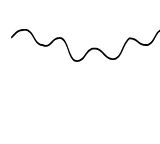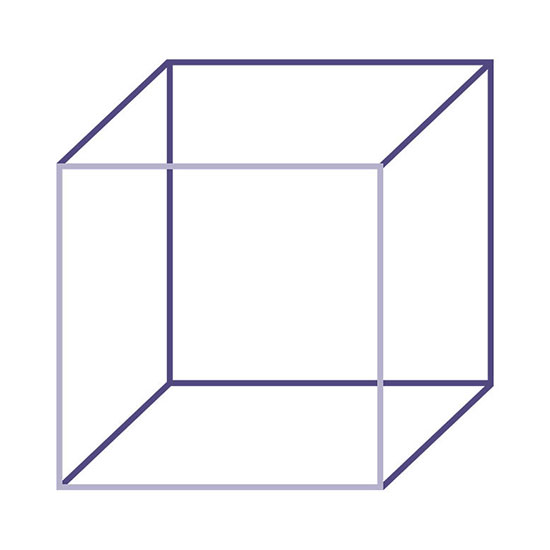Imagine you know nothing about third or fourth states of consciousness. Only about the first and second states. Someone asks you: “What is the difference between being asleep and being awake?”
How would you answer them?
What’s Different about Being Awake?
Truthfully, the main difference between being asleep in first state and being awake in second state, at least for me, is clear. 1) When I’m asleep, I stop seeing things outside of me as they are and start seeing things that are not there. 2) When I’m awake, I see things around me as they are, and I don’t see things that are not there — unless I’m hallucinating or on some state-altering drug trip. I even see the many I’s coming and going inside me. 3) When I fall asleep, I’m exhausted. When I wake up, I feel refreshed. This tells me something: the main function of sleep is to refresh our machines that get worn down during our waking state. It has no other useful function.
Being Awake Requires Effort
Being awake, on the other hand, has another vitally important function. It keeps us alive in a world where things as they are don’t always care if we continue to exist or not. But there’s a payment for that. Work is required, energy is being used up, increasing entropy. We have to stay awake for our continued existence. And that’s what wears us out. Literally, there’s no more Garden of Eden. To stay awake – and alive – we have to make efforts.
Waking to a Higher State of Consciousness
Ok, so what about higher states of consciousness? What’s going on there? Same thing. The third state, for example, is simply a higher state of being awake and making efforts. We see more things as they are and less things that are really not there. All the esoteric schools we know of compare this to the state of a man or woman being awake and doing whatever they need to do to continue existing in a higher state, and our ordinary state of being awake to being asleep and snoring.
What else can we say about higher states? If the analogy holds up, when we stop being in the third state, and fall into second state, we stop seeing things as they really are. We only see them partially as we imagine them to be, as if in a fog or through a veil. Literally, we start seeing things that are neither here nor there. We are in a state of imagination.

In the third state, however, I don’t just watch the many I’s coming and going inside like a spectator at some Fourth of July parade. But I also see through them. I see where they are really coming from and why —because of identifying, inner considering, lying, etc. —then I do something profoundly simple about it. I stop identifying with the I’s, stop lying, etc; and the parade of I’s gradually disappears, leaving me in a state of simple wordless presence. No I’s.
The Fourth Way calls this effort and the state produced by it self-remembering. It is a state of presence.

Gilbert Moore is the owner of BluLogic, a publishing house specializing in titles concerning awakening and the Fourth Way.